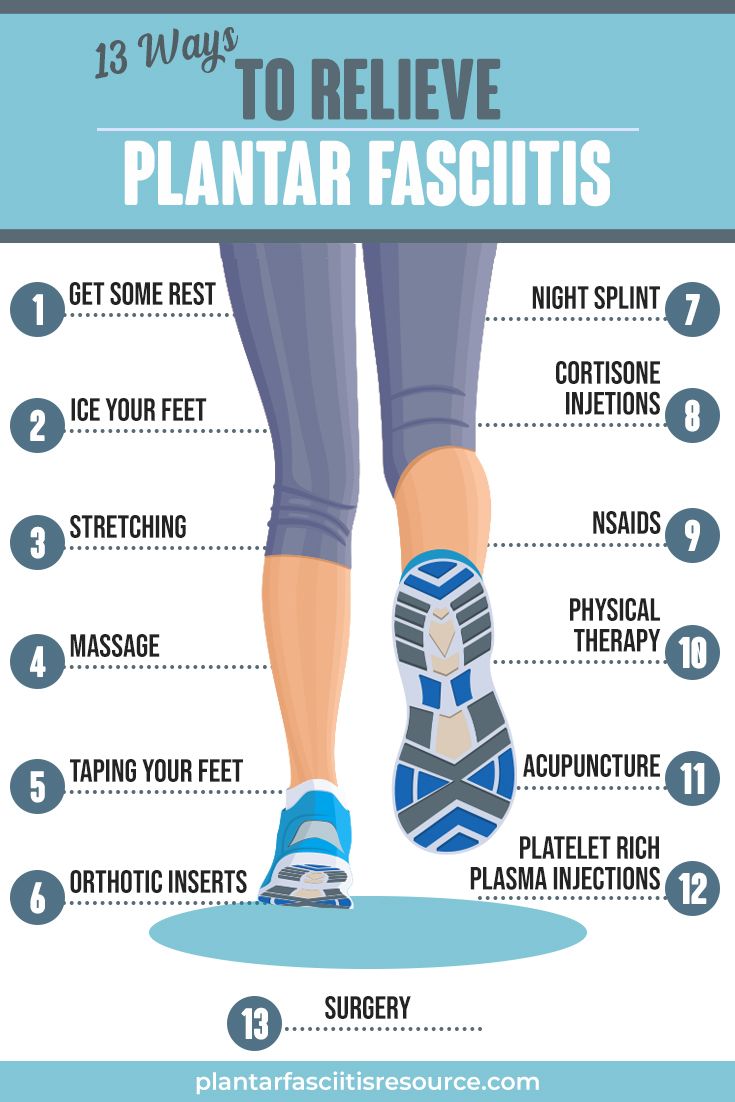When it comes to foot ailments, few conditions garner as much attention as plantar fasciitis. This particular issue has perplexed many, leaving individuals yearning for remedies that alleviate the arduous pain associated with it. As curiosity around orthotics grows, one common question persists: Are Archies—and similar arch support footwear—beneficial for those suffering from plantar fasciitis? With a combination of personal anecdotes, emerging research, and expert opinions, we can dissect this subject thoroughly.
At the center of the plantar fasciitis discussion is the fascia itself: a thick band of tissue that runs from the heel to the toes. When irritation occurs, the inflammation can lead to a persistent stabbing pain, especially in the morning or after lengthy periods of rest. Those afflicted often turn to various solutions in search of relief. Among these, the exploration of arch support shoes, particularly Archies, has surged in popularity. Why has this trend captivated the attention of many?
The fascination with Archies shoes is not merely based on their physical design; it extends into the realm of comfort and relief. Users often extol the virtues of these shoes, claiming they provide essential support that lessens the burden on the arch and heel. The allure is particularly strong among individuals seeking a daily wear option without compromising style.
So, what makes arch support integral for managing plantar fasciitis? To grasp this, one must first recognize that the arches of our feet serve as shock absorbers. Proper arch support facilitates the even distribution of weight across the foot while concurrently enhancing overall foot function, aligning the body more effectively during movement. It stands to reason that, for those dealing with the troublesome inflammation of plantar fasciitis, improving foot mechanics could yield significant benefits.
Studies have indicated that customized orthotics can alleviate discomfort, but the cost and accessibility of these products can be limiting. This scenario is where mainstream options, like Archies, come into play. They offer a more affordable alternative that is designed with anatomical correctness in mind. The unique footbed in Archies, combined with their casual aesthetic, positions them as a viable contender in the world of supportive footwear.
Conversely, it is crucial to approach the use of Archies with a discerning eye. While many users report improved satisfaction and reduced pain levels, others may not enjoy the same outcome. Each foot is a complex mechanism, unique in its structure and requirements. What works for one individual may not necessarily translate to another, especially in regard to chronic conditions such as plantar fasciitis.
Beyond comfort, it is vital to consider the material and design elements that characterize arch support footwear. The cushioning of Archies, formulated for flexibility and resilience, complements the body’s biomechanics, thus potentially mitigating the impacts of plantar fasciitis. Though they may not encompass the advanced technology of specialized orthotics, they are positioned effectively within the spectrum of supportive footwear.
Additionally, it is pertinent to mention the broader implications of wearing insufficiently supportive footwear. Inappropriate shoes can exacerbate pre-existing conditions and contribute to new pain syndromes. Various studies have underscored the connection between inappropriate footwear and orthopedic issues. Therefore, engaging in discussions around proper support in daily footwear not only aligns with the need for comfort but also fosters sustainable foot health in the long run.
More intriguingly, wearing supportive shoes may inspire changes in activity levels. Many users, now equipped with comfortable footwear, find themselves engaging in physical activities they previously avoided due to discomfort—a transformative effect that ripples into various aspects of life. When the pain diminishes, the freedom to move increases, thus enhancing overall lifestyle quality.
As we delve deeper into the multifaceted conversation surrounding the merits of arch support, stories from individuals coping with plantar fasciitis provide invaluable insights. A significant number have shared their transformations upon incorporating Archies into their footwear repertoire, recounting days unfettered by pain. Achieving a return to soothing movement can be invaluable, as the simple act of walking is foundational to enjoyment and well-being.
However, it remains essential to consult with a healthcare professional before making any substantial alterations to footwear, especially for chronic conditions like plantar fasciitis. A thorough evaluation can facilitate personalized recommendations that address specific foot structures and pain patterns. This nuanced approach reinforces the complexity of foot health while steering individuals toward informed choices.
In conclusion, while there is no panacea for plantar fasciitis, the exploration of arch support options like Archies holds promise for many. The intertwining of relief and everyday comfort strikes a resonant chord, captivating a wide audience seeking answers. As our understanding of foot mechanics continues to evolve, pursuing methods to enhance foot function—and thus, liberate ourselves from pain—remains a meaningful endeavor worth pursuing. So, whether you find solace in a pair of Archies or another form of support, the journey toward comfort is as essential as the destination itself.
